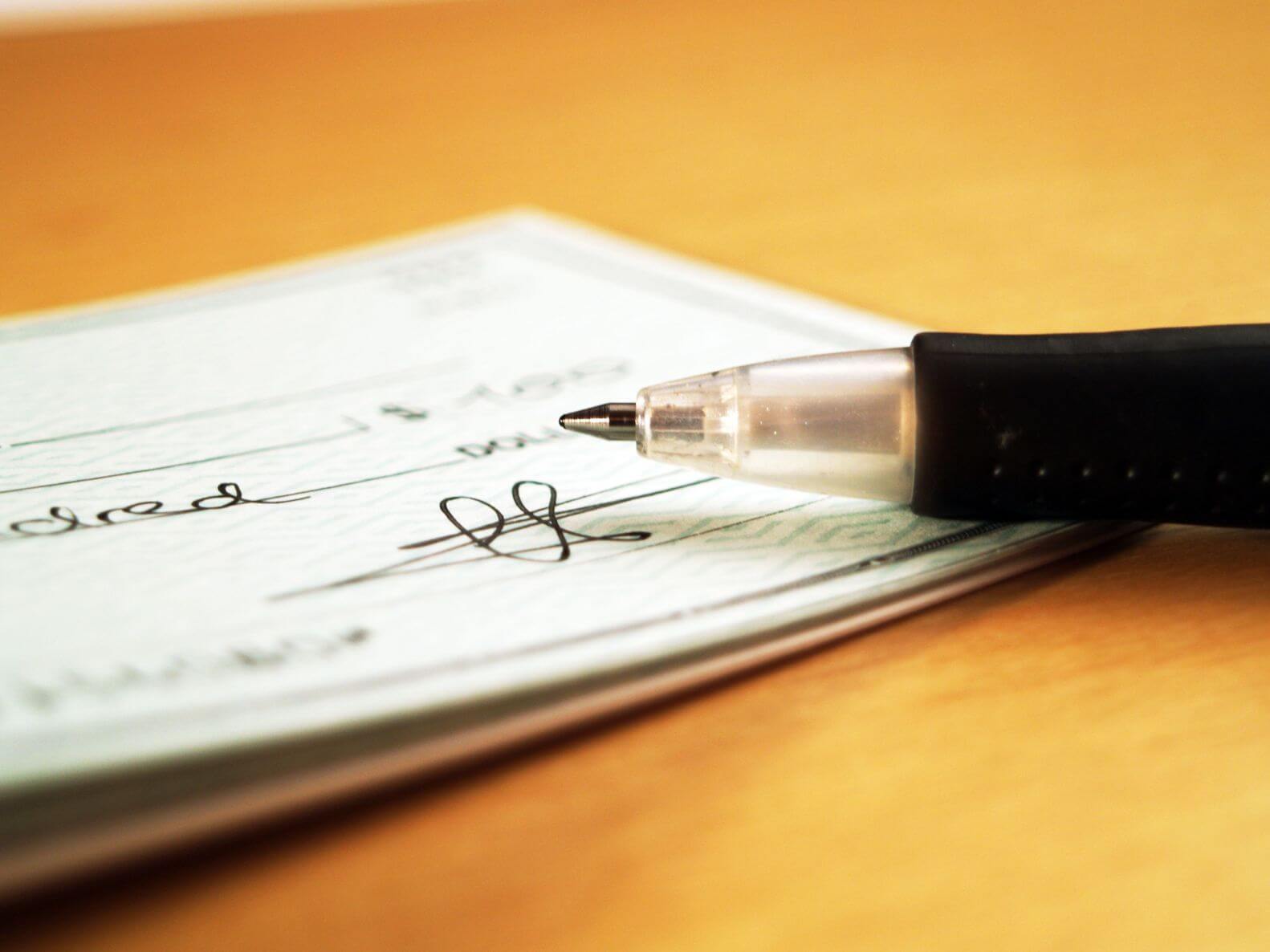
How Long Is a Personal Check Good For?
Ever wonder how long a personal check is good for before you are no longer able to cash it? While government and payroll checks are clearly marked indicating the time frame the check is valid and must be cashed in, personal checks aren’t marked as such, and thus it can be confusing as to how long you have to make it to the bank. If you have uncovered a misplaced personal check and wondered, “How long is a personal check good for?” here’s an idea of what to do.
Time Frame on Personal Checks
The law covering personal checks does say that banks do not have to pay any personal check that is more than six months old–the point at which it becomes stale–according to the U.S. Uniform Commercial Code. But here’s where things get tricky: some banks do pay out on older, or stale, checks, while some do not. The key point here is that if you have a personal check that is over six months old, there’s a chance you may not get paid. And if you have written a check to someone who hasn’t cashed it yet, this doesn’t mean they won’t, and you will need to continue to have funds in your account to cover it so the check doesn’t bounce.
What to Do If You Noticed Your Check Hasn’t Been Cashed
Outstanding checks can not only be a pain and make balancing your checkbook difficult, but if you don’t keep track of it, it can really mess up your checking account if a bank decides to cash it down the road. The safest way to handle this is to be conservative. That means if you wrote a personal check six months ago, don’t assume that it’s been lost or misplaced, or that the payee simply doesn’t want your money. After all, would you knowingly not cash a check? Instead, reserve enough money in your account to handle the check.
Since banks can honor stale checks if they choose, you run the risk of one or more charges if you decide after six months to include the money from that check in your account. The fees can pile up. Let’s say the outstanding check was for $100. After six months, you wrote four checks totaling $100, and then the outstanding check was cashed and the $100 taken out of your account. Instead of one fee for insufficient funds, you’ll have to pay four separate fees for the number of checks that bounced.
If you know the person personally, you might consider contacting him or her to find out when he or she is planning to hit the bank. It’s recommended that you document any communication about outstanding checks, in case you need to prove that you’ve made reasonable attempts to make payment.
How to Handle Stale Personal Checks
If you have a check that you misplaced or otherwise forgot to cash, it’s a good idea to do some research ahead of time. Banks can implement their own policies when it comes to stale personal checks. Contact the bank in question and ask how long they honor personal checks. If you know an 8-month-old personal check you have won’t be honored, you can contact the payer and ask for a new check.
Whether you are the payer or the payee, an outdated check can cause some issues, so it’s important to stay on top of things. Talk to a bank representative to find out what your options are.
See also: